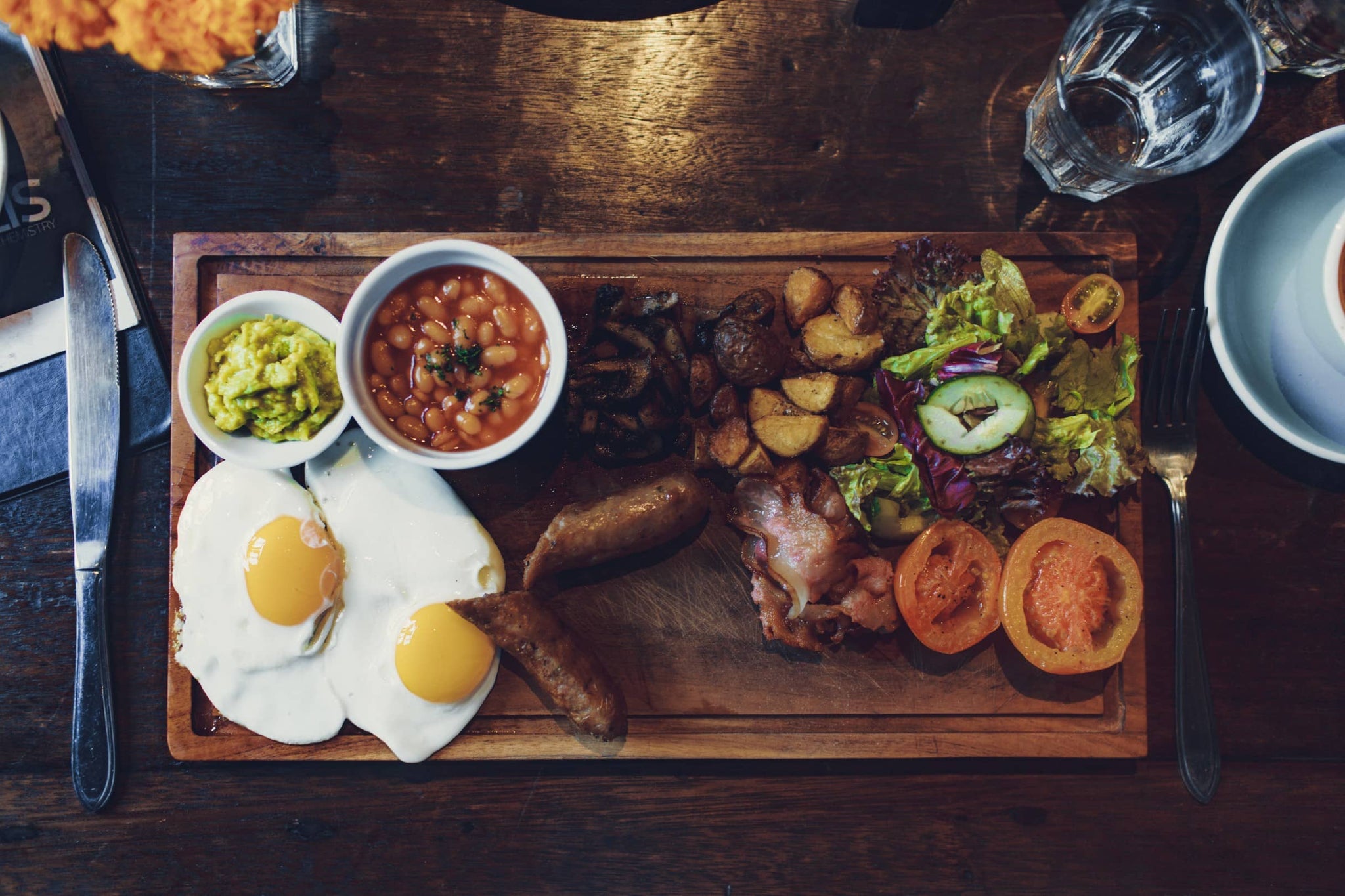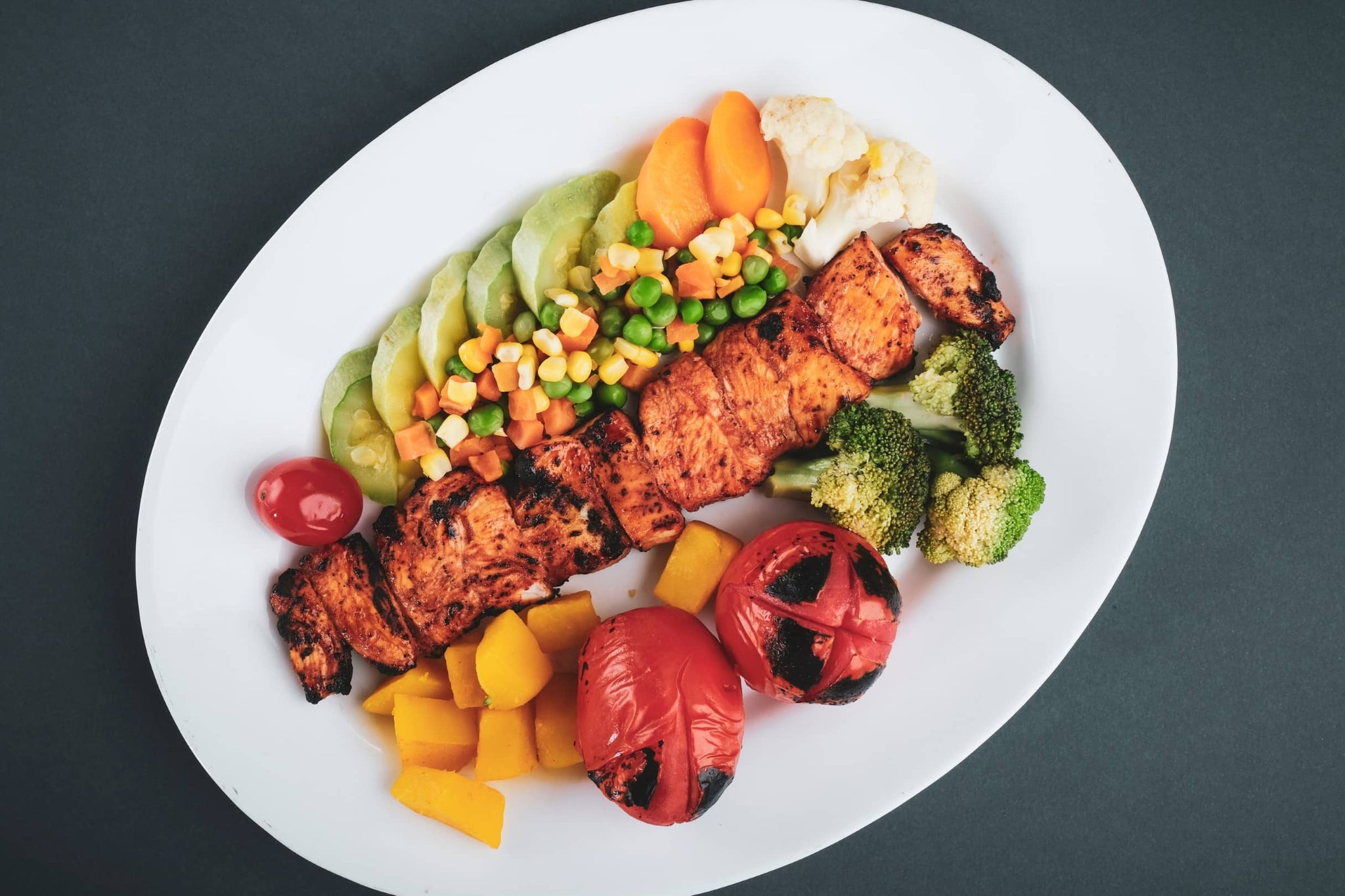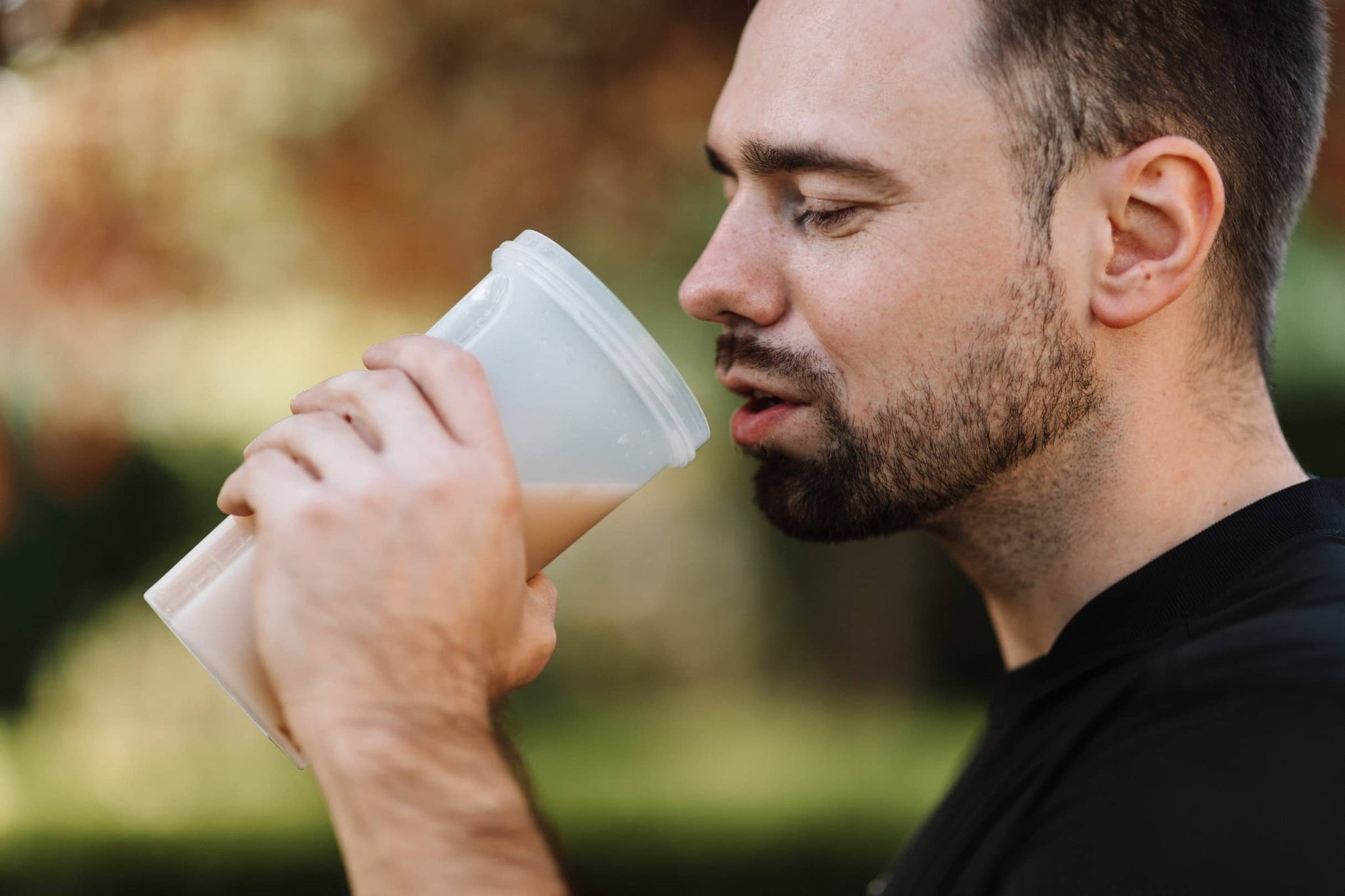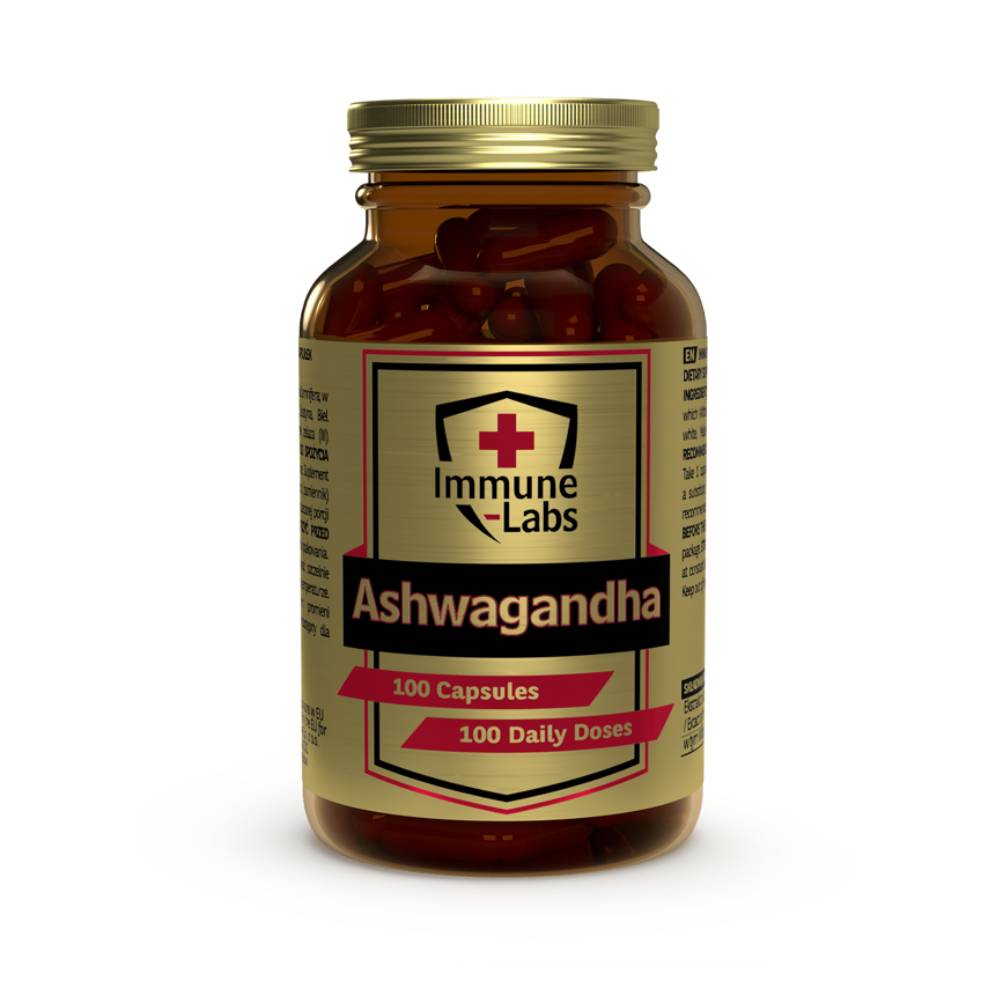Protein, the nutrient with a double role: for losing weight and increasing muscle mass

The human body is very complex from the point of view of its structure and the way it functions. The body is based on many elements, generically called nutrients, which are divided into several categories, and each one has its important role in stimulating each organ, so that a person feels and looks good or, better said, healthy. One of them is protein, which you have surely heard of, especially since it can be obtained from various foods.
But what is protein and what exactly is its role in the human body? This is a complex molecule made up of amino acids that directly contribute to the health of body cells, having several roles. These essential macronutrients can be obtained from several sources, including different types of meat. Also, it can help both in the process of losing weight and in the process of increasing muscle mass, although sometimes this process is confused with fattening.
What do proteins contain, what are the sources from which they can be obtained and how do they help the human body? You can find below the answers to these questions, as well as other equally interesting information about this nutrient.
Contents:
- Protein - Definition and types of proteins
- What are proteins and how do they help the cells of the body
2.1. What is protein nutritionally?
2.2. How many grams of protein should be consumed per day to lose weight
2.3. How many grams of protein should be consumed daily to increase muscle mass
1. Protein - Definition and types of proteins

Regardless of whether you have a healthy or less healthy lifestyle, you have surely heard that when you eat different foods, you introduce different nutrients into the body, one of them being proteins . But what exactly are these and what is their role? They are one of the most important compounds, along with fats and carbohydrates, contributing to the health of the cells, but also to the correct functioning of the organs.
Protein consumption is reflected in:
- through a well-defined musculature;
- through healthy hair and nails;
- through a properly functioning bone system.
What does protein help? Their main role is to transform the foods consumed and rich in them into energy for the cells. Thus, when you eat various types of meat and more, these macronutrients are broken down into amino acids that are then rebuilt by the body according to your body's needs.
Starting from the construction of this nutritional element, there are several types of amino acids that, linked together, compose various forms of proteins, some of which are synthesized by the human body, others which are brought into the body through food.
Proteins and their types

What does protein mean and what does it contain? These are amino acids, more precisely 20 elements, of which 11 are synthesized by the body and 9 must be "brought" into the body through food or other supplements, depending on the needs of each individual.
Amino acids that are found in the body are also called non-essential, and those that must be taken from external sources are called essential, precisely because they cannot be synthesized naturally, and the body needs them to function properly.
Proteins are the elements that are found in the largest amount in the body, which is representative of the correct functioning of the largest and most important body systems: the bone and muscle.
Here are the 9 amino acids that the body needs:
- isoleucine, whose role is to help in the formation of hemoglobin and in the regulation of blood sugar;
- leucine, which helps build and repair muscle tissues;
- lysine, which is responsible for synthesizing the essential carnitine for healthy muscle tissue;
- methionine, which helps hair to be healthy and beautiful;
- phenylalanine, which helps to induce a feeling of well-being by releasing the level of endorphins in the body;
- threonine, which is essential in detoxifying the body, helping you to have beautiful skin by stimulating the production of collagen and elastin;
- tryptophan, which contributes to the health of the nervous system, being very important in regulating sleep;
- valine, which helps in the development of muscle tissue;
- histidine, which is one of the most important proteins in the body helping to form white and red blood cells.
Besides these, there are other proteins that you have probably heard of, especially if you follow a healthy lifestyle based on sports. Among them are taurine, carnitine , casein , glutamine and arginine , which are essential amino acids for a healthy muscular system.
Where and how do you get proteins and especially how many grams does the human body need to function properly? There are several aspects that must be taken into account. First of all, essential amino acids can be taken from several foods, while the required daily amount depends on factors such as gender, weight, and lifestyle.
2. What are proteins and how do they help body cells

If you are interested in nutrition education, you want to lose weight or gain weight in a healthy way, you have most likely heard a lot about protein, but you still have some questions about it.
Among the most frequently encountered questions are:
- why do we consume protein;
- what do proteins contain;
- how to take proteins;
- what do proteins help;
- how much protein should I consume daily;
- how much protein should be consumed daily to lose weight;
- how much protein should be consumed daily for a well-defined muscle mass;
- what proteins are taken for fattening.
Protein is an important macronutrient for the entire human body. It helps the cells to get the necessary energy to function, repair and "remove" anomalies that may appear for various reasons. It can be said that this element works at the deepest level of the human body, helping it to function correctly.
When it is not synthesized, the protein can be taken from several external sources, such as food, but in terms of the necessary daily intake, it is different for children, women and men. For this purpose, there are formulas that can be used for a more precise calculation.
2.1. What is protein nutritionally?

Many people wonder what proteins are good for and what they help you with, especially when they are seen as compounds or abstract elements present in the body and that's all. To understand them as well as possible, it is useful to know that they are not only found in the human body, but also in foods that may be richer or less rich in these macronutrients.
The intake of proteins necessary for the human body requires the consumption of food groups rich in them, but for professional athletes, they can also be obtained from other sources. From a nutritional point of view, many people refer to them as follows:
- if it helps them lose weight;
- if it helps them gain weight.
Protein can be used for both purposes, but in the second one it is good to know that it does not help you gain weight, but to increase your muscle mass, a much healthier process for your body. In order to learn how it should be consumed, it is recommended to take into account both the necessary daily intake, as well as foods rich in this macronutrient, as well as complementary products, depending on the intended purpose.
When and how to take proteins? As for the meals, they can be taken from several foods that can be eaten both for breakfast, lunch and dinner, and the amount needed by an adult with a normal weight is between 10% and 35% of the number of calories daily. The percentage difference consists of characteristics such as gender, age, weight, health status, as well as a person's daily activities.
It is good to keep in mind that one gram of protein has 4 calories, while the optimal consumption of foods rich in this nutrient is achieved according to the following formula:
0.8 gr of protein x 1 kg of a person's weight.
The maximum recommended consumption is 1.2 grams per kg/body. Even more simply, a man can consume at least 60, while a woman can consume 50 grams of protein per day.
Depending on your goal, if you want to lose weight or gain muscle mass, the amount can be increased, but not excessively. Also, sports activities are also very important when you have set any of the two goals.
2.2. How many grams of protein should be consumed per day to lose weight

Protein consumption is often associated with losing weight, but apart from this, the sources from which you get it are equally important to reach the desired weight.
If you wonder how many grams of protein should be consumed daily to lose weight, it is good to know that their intake should be increased compared to the recommended daily rate. Thus, you should have in your daily menu between 1.6 and 2.2 grams per kg of your body weight. Where do you get them from? This depends on several factors, but among the most important is your lifestyle, more precisely how much exercise you do daily.
In addition to this aspect, the sources from which you obtain the daily requirement or excess of protein are also very important. Thus, the richest foods in this macronutrient are of both animal and plant origin.
Here are the main sources of animal protein:
- fish, which contains up to 94% protein;
- chicken breast, which is made up of 80% protein;
- turkey meat, which contains up to 70% protein;
- beef, which contains up to 65% protein;
- dairy products, which contain between 21% and 60% protein;
- eggs, which have a lower intake of protein, but its quality is the best due to the presence of albumin in the white.
Besides these, there are sources of vegetable protein , including soy, lentils, mushrooms, and beans.
According to some studies, another important aspect to take into account is when to take protein, because several studies have been carried out following which the right moments to consume foods rich in this nutrient have been discovered. Thus, the best moments are those when you need more energy, and breakfast is one of them.
How much protein do you need per day? It depends on your state of health, if you are a woman or a man, your age and, last but not least, your goals.
2.3. How many grams of protein should be consumed daily to increase muscle mass

Because many people are inspired by the lives of performance athletes, wanting to look good, two questions arise:
- how much protein should be consumed daily for muscle mass;
- how much protein should be consumed daily to lose weight.
Also, those who are thin can ask themselves "what proteins should I take to gain weight". This last question, in fact, also relates to the increase in muscle mass , but, in addition to the foods mentioned above, there are others that can be consumed and that help in this process.
Most of the time, these are proteins in the form of dust or powder, among them being egg protein and whey protein, which are often used by those who practice various sports. When you want to develop your muscle mass, one of the amino acids you can rely on is L-carnitine , which can be used as a complementary supplement to a healthy diet . Moreover, what and how you eat matters as much as the consumption of macronutrients.
Protein plays a very important role in nutrition for the stimulation of muscle mass , therefore everything you eat for this purpose must meet at least the conditions below:
- to be cooked in a way that preserves its properties, so that in the case of meats, they must be prepared on the grill, without added fat;
- to make sure that you have both protein and carbohydrates and carbohydrates from carefully chosen sources;
- when the protein intake is not enough, add protein supplements to the diet.
Supplements must be based on quality protein sources, so it is equally important to purchase them from an authorized distributor who can also offer advice.
In conclusion, protein is one of the most important nutrients in the body, being a complex molecule made up of amino acids that contribute to the health of bones and muscles on the inside, but also on the skin, hair and nails on the outside. It can be consumed from both animal and vegetable foods, but there are also various supplements, if your interest is to lose weight or develop your muscle mass in a harmonious way.
Photo sources: Pexels.com, Unsplash.com.










